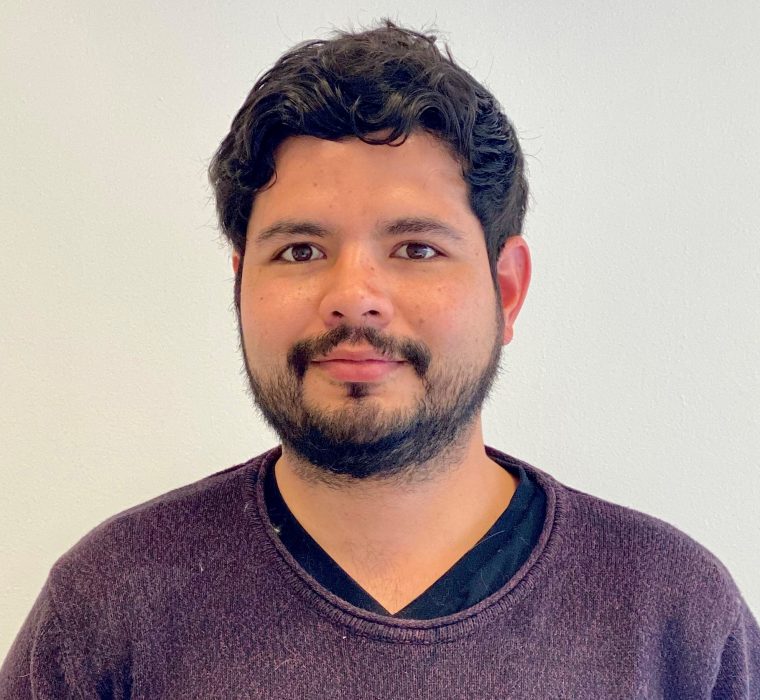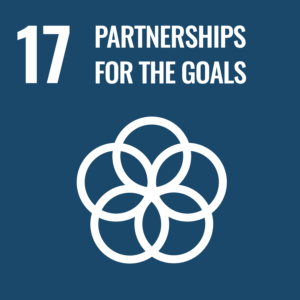Ensure fair NEXUS transition for climate change adaptation and sustainable development implementation based on coupled nature-based systems and bioeconomy
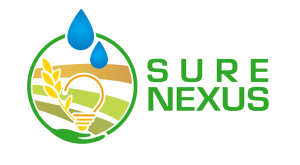 WHAT IS SURENEXUS?
WHAT IS SURENEXUS?
The SureNexus project is responding to PRIMA-NEXUS 2021 call by generating scientific and practical evidence on the transition in developing the NEXUS approach through the optimization of water allocation across different sectors, combining with energy and food security to support regional and local development and to support systemic change and resilient transition.
SureNexus will support informed and evidence-based decision making for a fair transition to climate change adaptation and mitigation as well as sustainable development enhancing the implementation of the Water-Energy-Food-Ecosystems (WEFE) NEXUS approach. SureNexus will extend and disseminate it in the different key sectors in a local/regional scale.
OBJECTIVES
the objectives to be achieved with the realization of this project are five:

DURATION
May 1, 2022 – September 30, 2025
PROJECT WEBSITE
WHY?
Currently, in the MED region more than 180 million people are affected by water poverty and an additional 60 million face water stress to some degree; the situation is expected to get worse over the coming years. Without additional mitigation, the regional temperature increase will be 2.2ºC in 2040, and for each degree of global warming, mean rainfall will likely decrease by about 4% and evaporation increase near 20% in much of the region, particularly in the south, so drought is increasing and consequently, food productivity will be reduced by 17% in 2050. The overexploitation of natural resources worsens the magnitude and impact of crises and disasters, and every year more countries become increasingly more vulnerable to future shocks, affecting water, food and energy security.
METHODOLOGY
The project will establish demonstrators of promising small-scale innovative solutions and evaluate their productivity and value to the local community, driving technology acceptance and mentality change. Integrated tools will be tested in four innovative living labs, focused on relevant NEXUS actions.
At the same time, SureNexus will bridge the barrier and the resistance to changes through the development of interconnected networks (network of networks) of grassroot community projects and foster MED knowledge transfer and best practices, coupled with intersectoral cooperation.
SureNexus has received financial support from the Partnership for Research and Innovation in the Mediterranean Area (PRIMA 2021 – SECTION 1), supported by the European Union.
This project is part of the PRIMA programme supported by the European Union.


PARTICIPATING PARTNERS
| COUNTRY | ORGANIZATION | TYPE OF ENTITY |
| Spain | Institute of Agrifood Research and Technology – IRTA | Public Organization |
| Spain | Polytechnic University of Catalonia – UPC | University |
| Spain | Catalan Cork Institute Foundation – ICSURO | Research Center |
| Spain | Center for Agro-Food Economics & Development – CREDA | University |
| Greece | National Technical University of Athens – NTUA | University |
| Greece | Tinos Eco Lodge | Company |
| Greece | Agricultural and Environmental Solutions – AGENSO | Company |
| Israel | Jewish National Fund – KKL | Association |
| Italy | REM Tec | Company |
| Italy | Polytechnic University of Marche – UNIVPM | University |
| Italy | Planet di Villa Alessandro & C SAS – Planet | Company |
| Morocco | Centre Technique de Plasturgie et de Caoutchouc – CTPC | Research Center |
| Morocco | Institut National de la Recherche Agronomique – INRA | Public Research Center |
| Morocco | Office National de l’Electricite et de l’Eau Potable – ONEE | Company |
| Tunisia | Societe Agricole Innovante dans le Sud – Innovagrisud | Association |
| Egypt | Participatory Development Solutions – ElMahrousa PDS | Private Organization |
| France | Water Division of the United Nations Educational, Scientific and Cultural Organization – UNESCO | Public Organization |
THE ROLE OF CREDA
TASK
The role of CREDA will be to determine and validate key enabling conditions to support NEXUS implementation to face food, water and energy securities and, at the same time, the extensive involvement of stakeholders and right holders, with the support of integrated evaluation framework using participative co-design and the extensive use of artificial intelligence (AI). It will be achieved through specific objectives:
- To address key knowledge and research gaps.
- To address enabling factors related to: finance and economy; multi-level governance, participation and inclusivity; gender and culture; and policy and legislation.
PEOPLE
Principal researcher
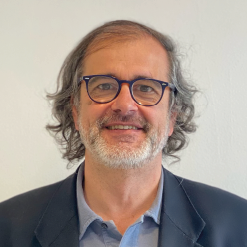
José M. Gil Roig
Team
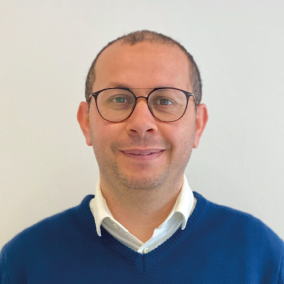
Bouali Guesmi

Paolo Gnutti Sandiumenge
